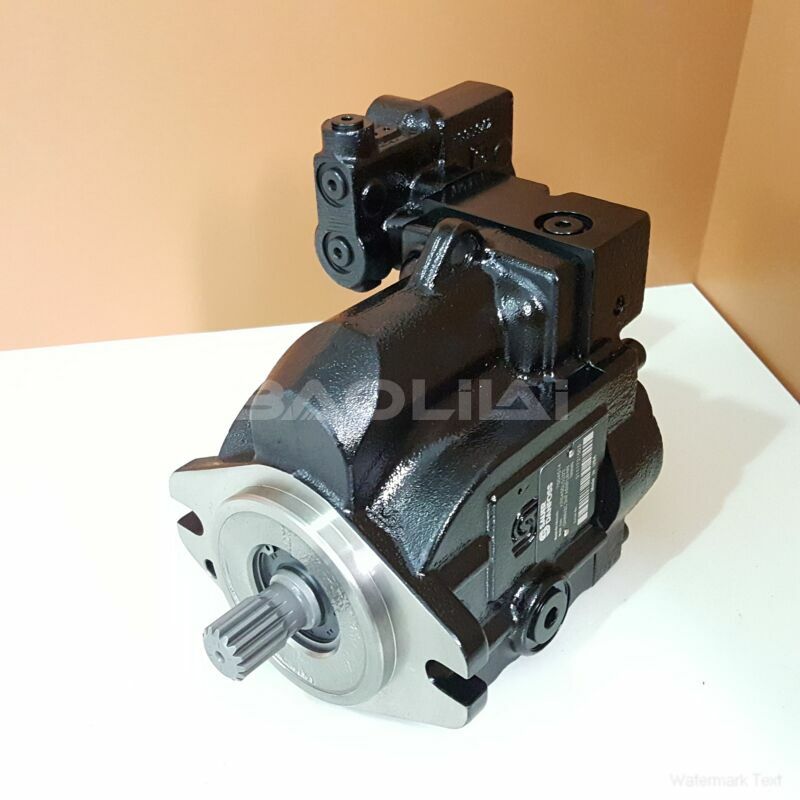KRR045DLS2020NNN3K1RGA6NAAANNNNNN high pressure pump
KRR045DLS2020NNN3K1RGA6NAAANNNNNN high pressure pump

- Product Details
- Applicable Scene
The aerospace industry is at the forefront of technological innovation, driven by the imperative for increased performance, efficiency, and environmental responsibility. Among the critical components in aircraft testing are environmental control systems (ECS), which regulate the internal environment of the aircraft, ensuring optimal conditions for both equipment and personnel. A key element of these systems is the hydraulic oil pump, responsible for powering various components and systems through hydraulic fluid transfer. Designing hydraulic oil pumps specifically for ECS in aircraft testing involves several considerations, including efficiency, reliability, weight, and environmental impact.
KR-R-045D-LS-20-20-NN-N-3-K1RG-A6N-AAA-NNN-NNN
KRR045DLS2020NNN3K1RGA6NAAANNNNNN
One of the primary objectives in designing hydraulic oil pumps is to achieve high efficiency. In aerospace applications, reduced energy consumption directly correlates with improved fuel efficiency and decreased operational costs. Engineers must optimize pump mechanisms to minimize energy losses due to fluid friction and heat generation. Innovative designs, such as variable displacement pumps and advanced materials that reduce viscosity, can significantly enhance performance and reliability.

83008599
Reliability is another cornerstone of hydraulic pump design, particularly in the demanding environment of aircraft testing. Components must withstand extreme temperatures, pressures, and vibrations. Selecting materials with high fatigue resistance and incorporating redundancy into critical systems are essential strategies to ensure uninterrupted operation. Additionally, rigorous testing under simulated conditions can help identify potential failure points and refine designs before implementation.
Weight reduction is critical in aviation, where every ounce contributes to fuel consumption and overall performance. Hydraulic oil pumps designed for ECS must therefore be lightweight without compromising structural integrity. This can be achieved through the use of advanced materials such as lightweight alloys, composites, and optimized geometries that minimize bulk while maintaining durability.
Environmental impact is an increasingly critical consideration in the aerospace industry, as manufacturers strive to meet stringent regulations and public expectations for sustainability. Designing hydraulic oil pumps that use biodegradable or environmentally friendly hydraulic fluids can significantly reduce the ecological footprint of aircraft operations. Additionally, integrating features that improve recyclability and reduce waste during the manufacturing process can contribute to sustainable practices in the industry.
Furthermore, the integration of smart technologies into hydraulic pump systems has opened new avenues for innovation. Implementing sensors and monitoring systems can enable real-time performance tracking and predictive maintenance, reducing downtime and enhancing reliability. As the industry continues to explore the IoT (Internet of Things), the potential to collect and analyze data from hydraulic systems in-flight presents opportunities for continual improvement and optimization.





